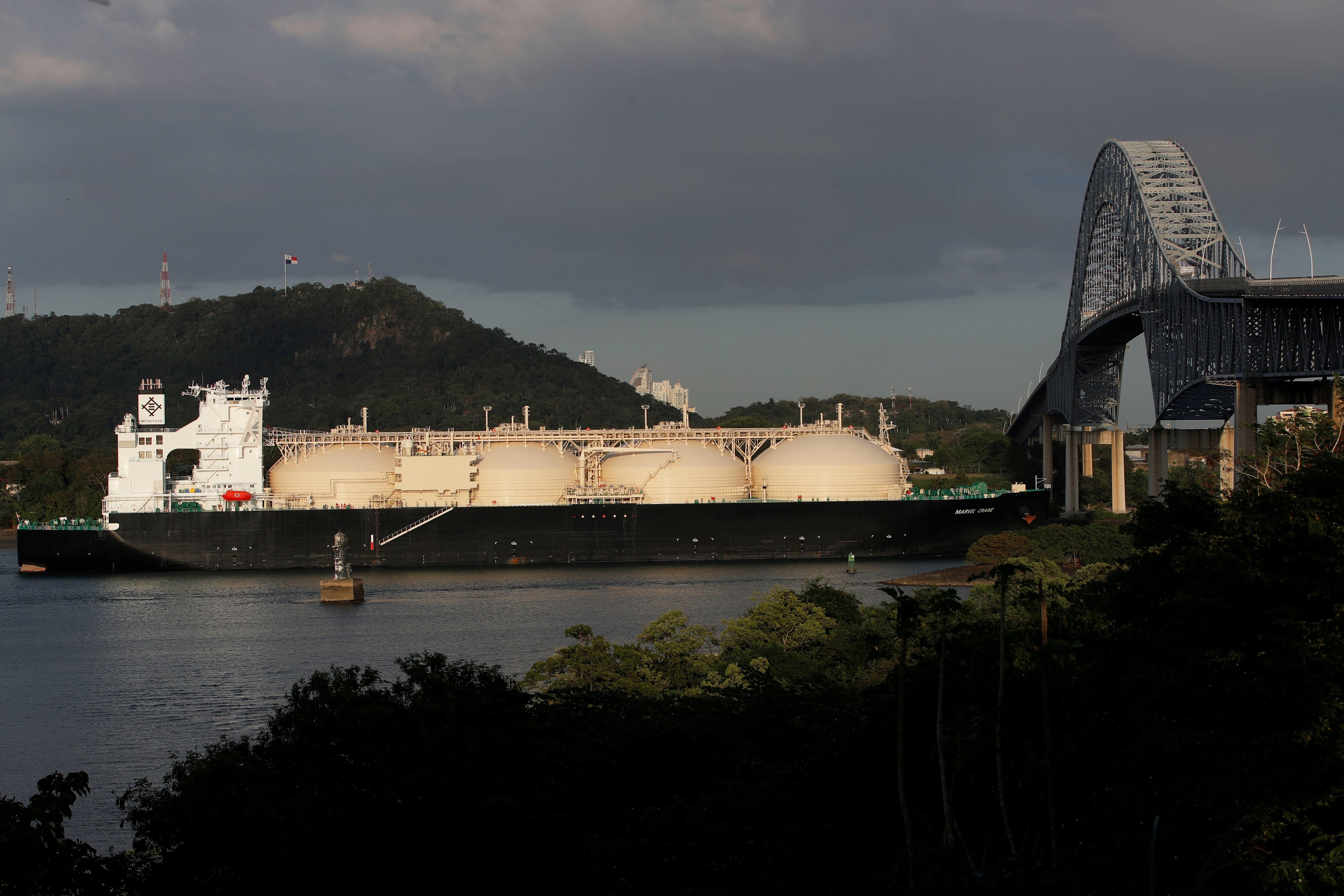
After indications that the Covid-19 pandemic would give respite and the prospect of a new normal - for what that means - in the economy, finance, world trade and the world of work, everything changed. Russia's bloody invasion of Ukraine marks a breakdown of the international institutional order of a magnitude not seen in decades.
Faced with a very low probability of a solution to the statu-quo that avoids further damage and a very high probability of a scenario of permanent conflict, social and economic life must be recalibrated even more rightly than we anticipated as “post-pandemic” times. The incipient process of de-globalization that was beginning for other reasons is now receiving nuclear fuel, which must be analyzed by President Alberto Fernández and the Minister of Economy, Martín Guzmán.
The first consequence of the “new order” that has not yet been installed, but which is likely to be characterized by a deep “rift” with at least two well-defined poles, is that, in a context that includes the threat of mass destruction, the future is much more uncertain than all that is known.
And even if the nuclear or geographic threat of the conflict does not materialize, resources will inevitably be redirected towards military spending and developments that will deepen the differences in living standards between and within countries.
It is still a speculative exercise to talk about winners and losers in the new scenario, largely because we don't know it. Probably, the absolute majority of human beings will lose not only because of immediate life risks, but surely in terms of well-being and freedom.
Effects on Argentina of the Russian invasion of Ukraine
But to be limited to Argentina, the echoes of a scenario of protracted war and Dantesque threats throw us back into a world where commodity prices fly for a time - perhaps short, perhaps not so long - in a bipolar context.
There is little scope for “third positions” that yield a return in the short term (commodities are sold more expensive) but which expose the misery of partner with human scum to “win” in the short term, just as the de facto government of General Jorge Videla did four decades ago.

There is also the cost of paying more dearly for our imports, with an energy bill that threatens to erase any improvements that come from wheat, corn or soybeans. At the end of the day, Argentina should put its economy in order if it intends to benefit - even for a while - from the wars in the world. Producing what the rest demand, however, requires economic order, something that Argentina has long lacked.
On the eve of signing a new agreement with the IMF that avoids a default with the agency, expectations that such an agreement will “order” the economy are low. Trust is not built on an agreement that forgets to address the structural problems of the Argentine economy - even if it intends to avoid prolonging the phenomenal tariff delay - and even less so if a part of the coalition torpedoes any form of agreement and yearns for default. A little more is needed to get out of the select group of “pariahs” countries.
This column was published in Indicadores de Cojuntura Magazine 639, March 2022 Fundación FIEL
KEEP READING:
Últimas Noticias
Debanhi Escobar: they secured the motel where she was found lifeless in a cistern

The oldest person in the world died at the age of 119

Macabre find in CDMX: they left a body bagged and tied in a taxi
The eagles of America will face Manchester City in a duel of legends. Here are the details

Why is it good to bring dogs out to know the world when they are puppies




